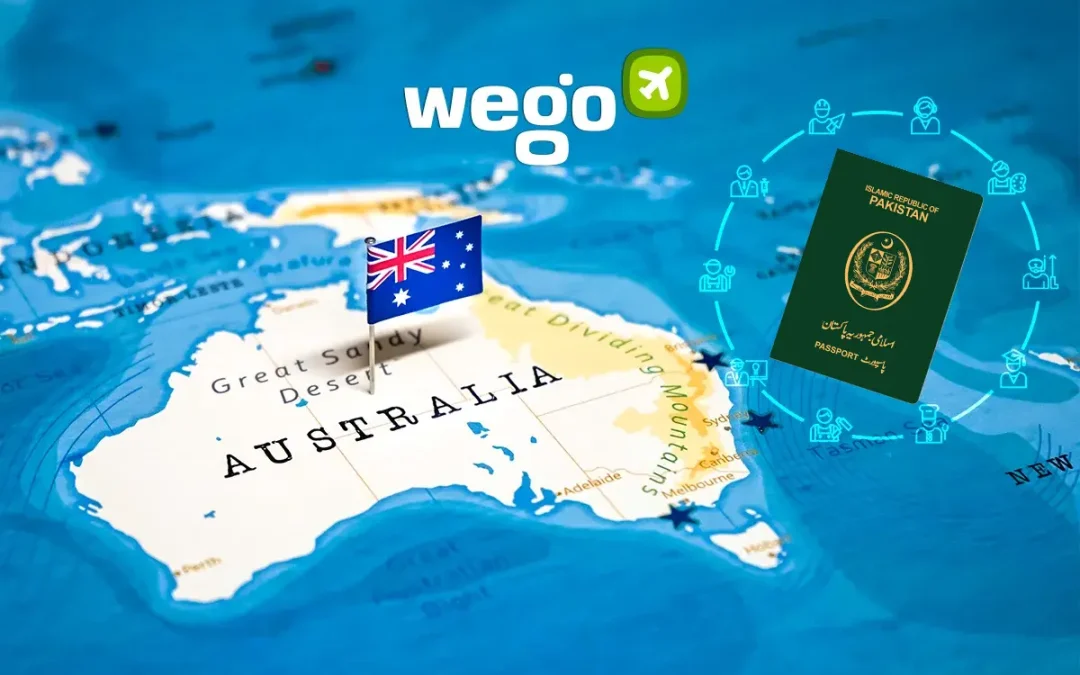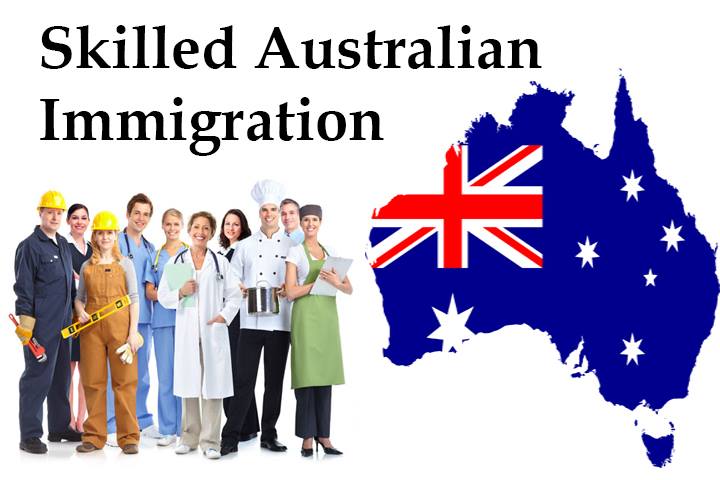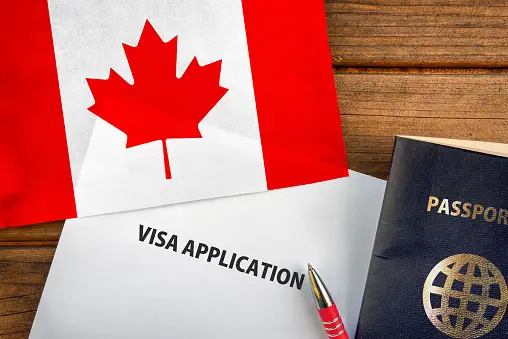Thinking about moving to Australia? Whether you’re a skilled professional or a recent graduate, Australia offers various visa options to suit different needs. Understanding the differences between Skilled Migration and the Temporary Graduate Visa can help you make the best choice for your circumstances. Here’s a comprehensive guide to navigating these options and what you need to know right now.
Skilled Migration Australia: An Overview
Skilled Migration is a popular pathway for those with in-demand skills and qualifications. This visa is designed to attract skilled professionals to fill labor shortages in Australia. To apply for a Skilled Migration Visa, you must meet specific criteria, including:
- Occupational Demand: Your profession must be on Australia’s Skilled Occupation List (SOL), which includes jobs in high demand.
- Points System: The visa operates on a points-based system, where you earn points for factors such as age, work experience, education, and English proficiency. The higher your points, the better your chances of receiving an invitation to apply.
- Skills Assessment: You’ll need to have your skills assessed by a relevant authority to ensure they meet Australian standards.
Temporary Graduate Visa: What You Need to Know
The Temporary Graduate Visa is designed for international students who have recently completed their studies in Australia. It allows graduates to stay and work in Australia for a specified period. Key features include:
- Eligibility: To qualify, you must have completed an eligible course from an Australian educational institution and hold a valid student visa.
- Duration: The visa duration depends on your qualification. For example, a graduate with a Bachelor’s degree may be granted a visa for up to two years, while those with higher qualifications might receive a longer stay.
- Work Rights: The Temporary Graduate Visa permits you to work full-time, giving you valuable experience in the Australian job market.
Comparing Skilled Migration and Temporary Graduate Visas
When choosing between Skilled Migration and the Temporary Graduate Visa, consider the following factors:
- Objective: Skilled Migration is ideal if you’re looking to move to Australia permanently and have skills in demand. The Temporary Graduate Visa suits recent graduates looking to gain work experience in Australia.
- Application Process: Skilled Migration requires a detailed application, including skills assessment and points calculation. The Temporary Graduate Visa process is more straightforward if you meet the educational and visa requirements.
- Long-Term Goals: If your goal is permanent residency, Skilled Migration may be the better route. If you’re looking for temporary work experience post-graduation, the Temporary Graduate Visa offers flexibility.
Practical Tips for a Smooth Application
- Stay Informed: Keep up-to-date with Australian immigration policies as they can change. Regularly check official government websites or consult with immigration experts.
- Prepare Thoroughly: Ensure you have all required documents and meet all criteria before applying to avoid delays or complications.
- Seek Professional Advice: Immigration processes can be complex. Consulting with an immigration professional can help streamline your application and increase your chances of success.
Take the Next Step
Whether you’re considering Skilled Migration or applying for a Temporary Graduate Visa, understanding your options is crucial for making the right choice. With the right information and support, you can achieve your Australian immigration goals and embark on an exciting new chapter in your life.
For expert guidance and support throughout your immigration journey, contact Bluethroat Immigration. Our team is dedicated to helping you find the best visa option and ensuring a smooth application process.








